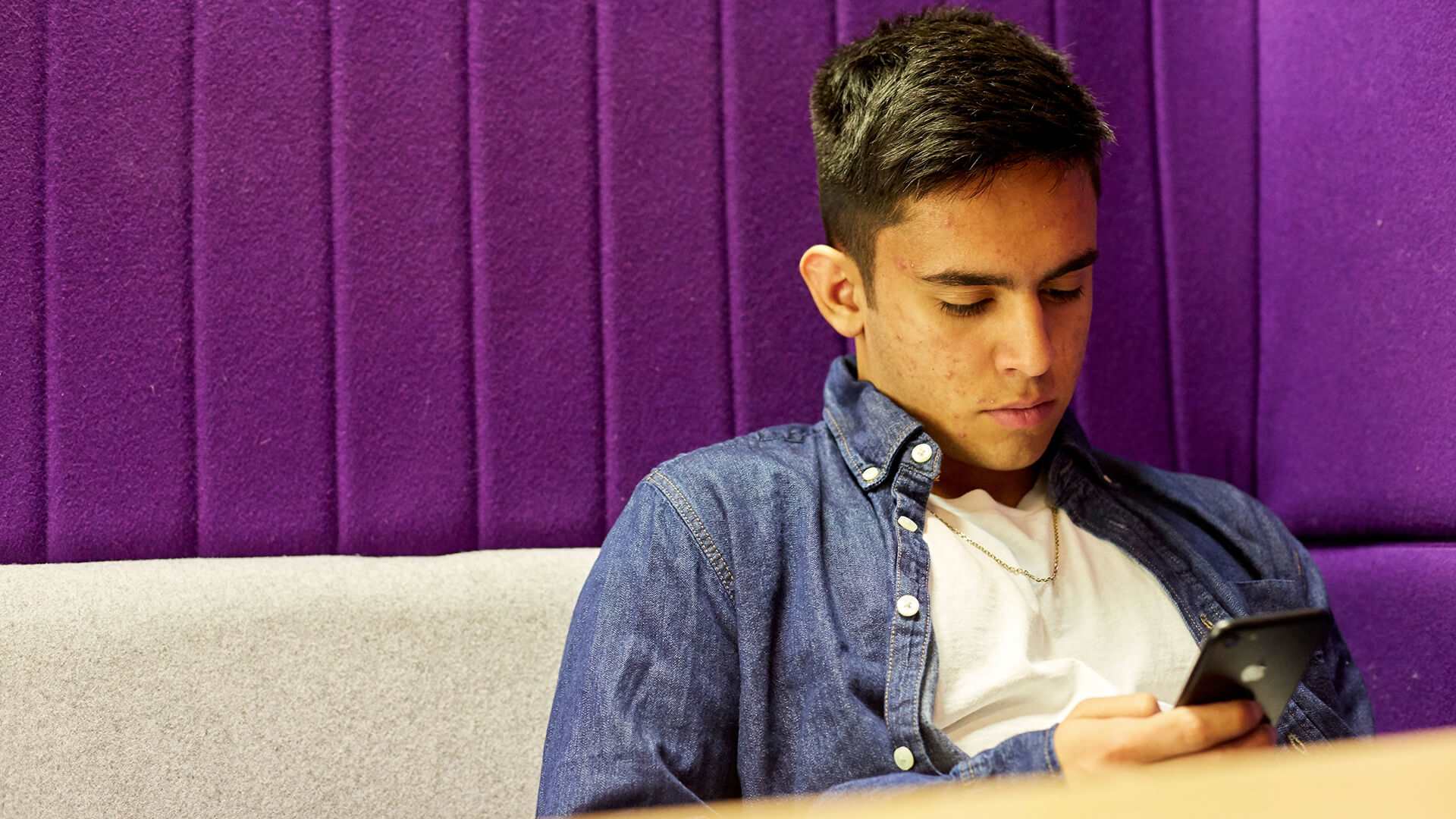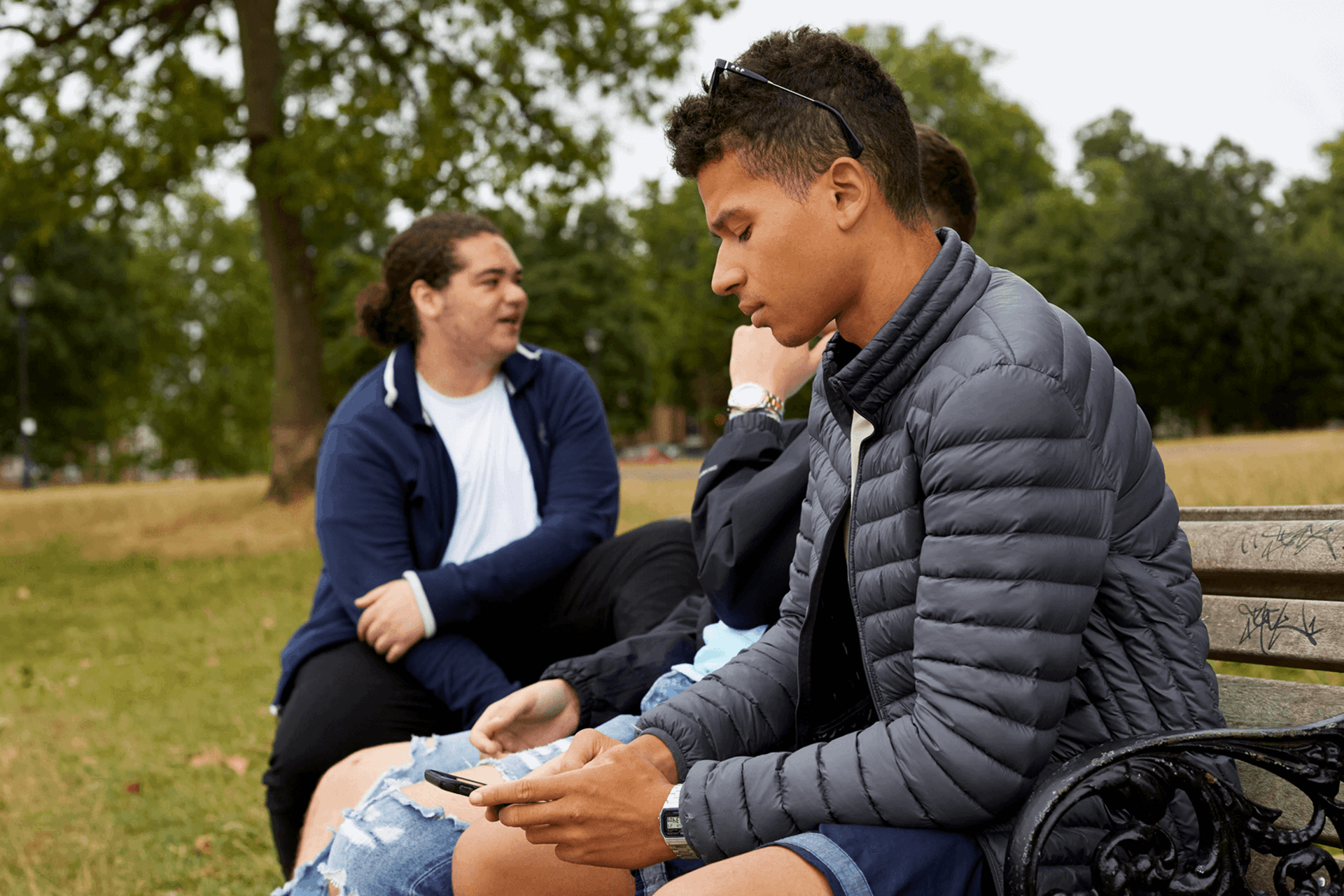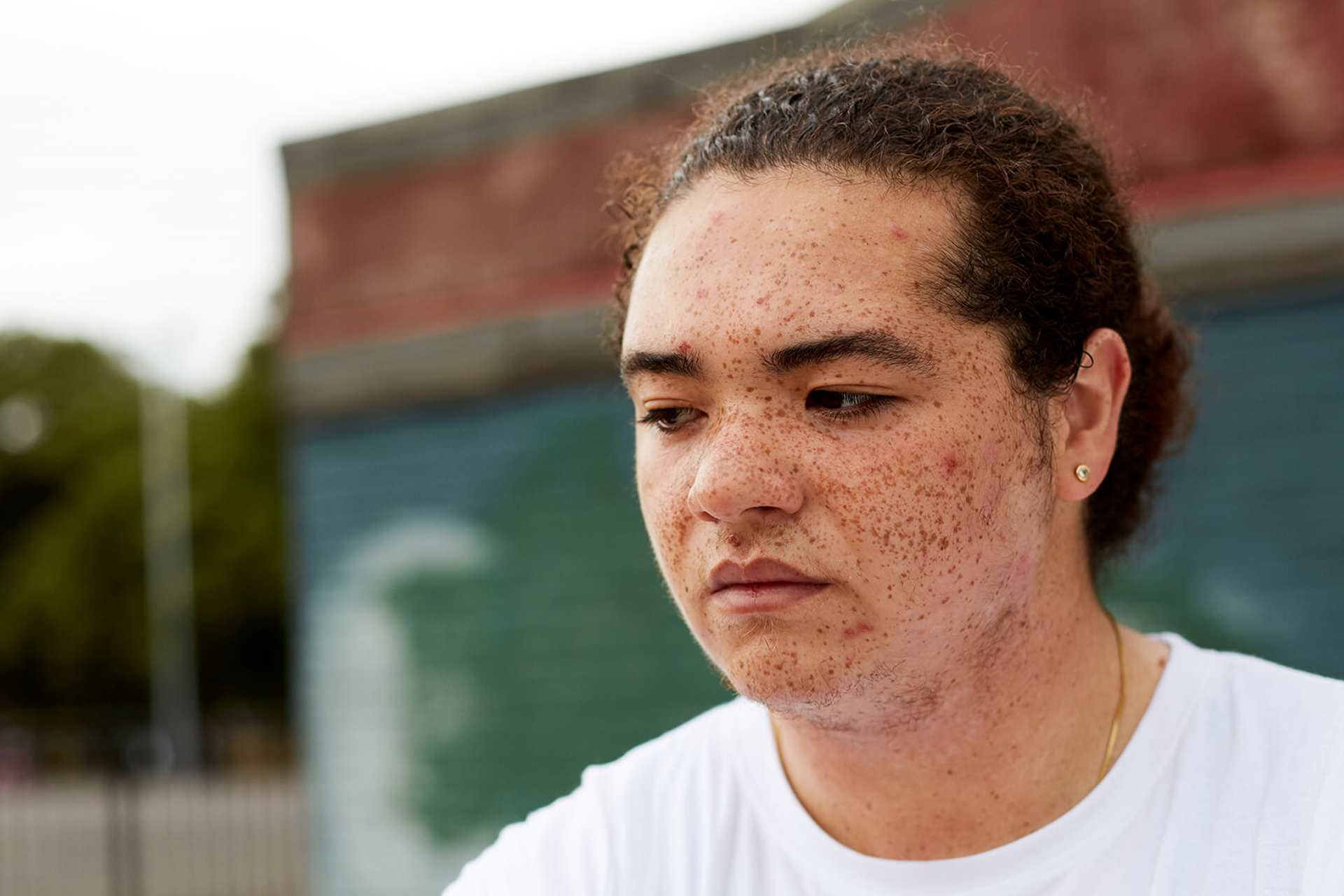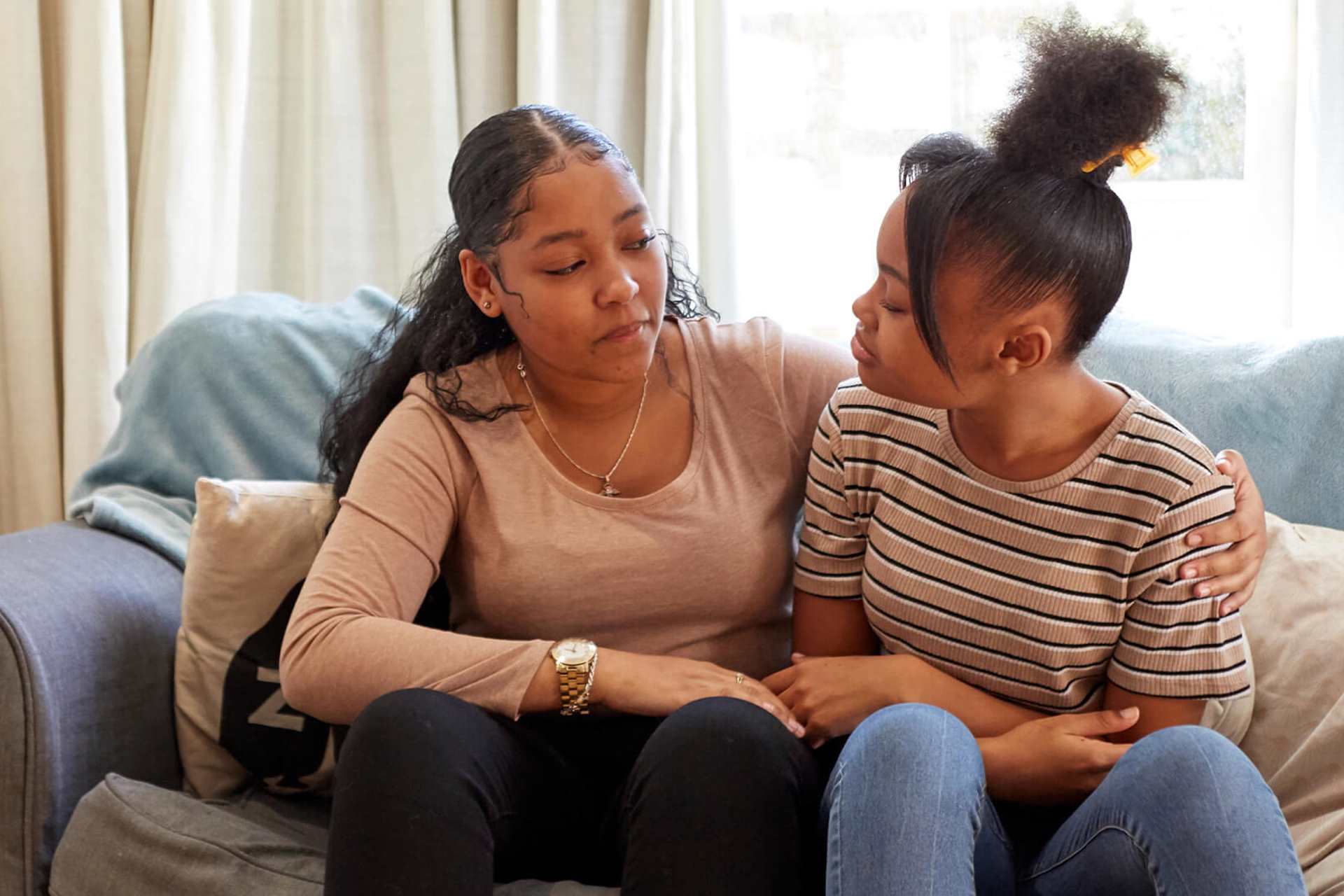Topics mentioned: autism and mental health, depression, anxiety, problems at school, feeling alone, reaching out for help
About: Autism is not a mental illness, but many autistic people struggle with their mental health. Sam explains why he thinks this doesn't need to be the case.
We spend a lot of time proving people wrong, so there's little to stop us doing this throughout the rest of our lives, taking it a step further every time.
Imagine growing up with a disability which gives you an 80% chance of having mental health problems before you turn 18. Imagine growing up with a disability in which only 16% of adults with the condition are in full-time work long after turning 18. Imagine growing up being told these statistics, knowing you are different.
As a 21-year-old guy with ASD, I'll admit I'm a bit tired of being a statistic. I was diagnosed with Asperger's aged ten, then depression and anxiety aged 17, before quickly losing my first adult job a few years later and ending up in hospital for a number of months due to self-harming and several suicide attempts. It was an experience I was constantly told no one should have to go through. Mental illness is hardly Spotify Premium, it shouldn't automatically come free alongside anything, especially not an already difficult-to-deal-with disability.
Coping at school
For us young people, school and university life is pretty much all we know, and the world of education can be a difficult for anyone on the autism spectrum. Teachers rarely get enough training to support children with autism. Behaviours caused by the condition, or simple misunderstandings, are so often punished in the classroom. A child in a wheelchair would not be reprimanded for being slow getting to class, so a young person with autism should never be criticised for being slow to understand a teacher’s demands. It's not just teachers struggling at school either. Being 'different' is rarely a positive amongst your classmates, and it's easy to feel excluded, like you are the odd one out.
For me the problems grew the more I disliked myself, the more I felt I was a failure for not making friends or not surviving in the classroom. autism often causes huge problems when dealing with different emotions, and throughout school and university I struggled with intense feelings I rarely had under control.
Teachers rarely get enough training to support children with autism. Behaviours caused by the condition, or simple misunderstandings, are so often punished in the classroom.
Feeling alone
I felt jealousy at my peers that they could enjoy things I couldn't, anger at my disability that was stopping me, and shame at myself for constantly feeling this way. Hatred of oneself, a difficulty in expressing feelings and emotions, it's easy for these to turn ugly and lead to outbursts, self-harm, and sometimes worse.
Depression is a complex illness, but I know that so much of mine was exacerbated by constant self-loathing, whilst not being able to go out and enjoy the social elements which dominate teenage life. Events such as parties and nights out were a sensory nightmare, with too much going on, too much noise, putting me on a constant edge of anxiety and panic. Struggling to relate to people left me lacking any strong relationships, whether social, professional or romantic. Yes I found it difficult to talk to girls, but then again I found it difficult to talk to boys, and teachers, and my family, and pretty much anyone either in person or online. But to assume we're all 'loners' or quite happy on our own is completely wrong. We want to be sociable just as much as any one else.
To assume we're all 'loners' or quite happy on our own is completely wrong. We want to be sociable just as much as any one else.
The right support
I and many others, are determined to help give everyone on the autistic spectrum better opportunities. For all those without the condition, taking the time to offer that additional support you would likely provide to someone with a 'visible' disability, to someone with autism, can make all the difference. Whether that's allowing extra time to process information, allowing space in social situations, or simply communicating with that person and asking how they, as an individual, would like to be helped.
For those on the spectrum anxious about the future, I want to instill a sense of belief that I know many of us lack. The truth is every day we overcome our condition in so many different ways, and throughout our lives we've achieved things a diagnosis of autism says we probably shouldn't be able to do. We spend a lot of time proving people wrong, so there's little to stop us doing this throughout the rest of our lives, taking it a step further every time.
I'm now a person with autism who commutes into London on busy trains, before giving speeches to people I've never met. I'm a person with autism who loves proving everyone, and that especially includes myself, well and truly wrong.
A real chance in life
It took me many years of self-doubt, once being someone overwhelmed by public transport, busy cities, or talking to anyone I didn't know. However I'm now a person with autism who commutes into London on busy trains, before giving speeches to people I've never met. I'm a person with autism who loves proving everyone, and that especially includes myself, well and truly wrong.
Self-belief, self-esteem, and mental health are completely intertwined. For anyone with autism they're a constant battle to overcome. However with the right support, and the right opportunities given to take the fight to them, they can be the things that push us towards a real chance in life.
Where to get help
-
Samaritans
Whatever you're going through, you can contact the Samaritans for support. N.B. This is a listening service and does not offer advice or intervention.
- Opening times:
- 24/7






